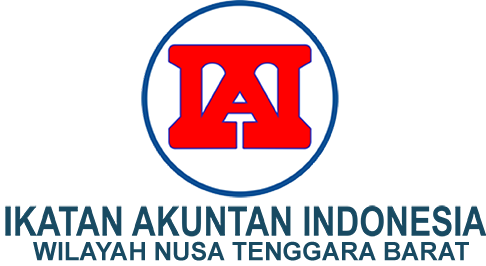Plagiarisme
The Editorial Team of Akurasi: Jurnal Studi Akuntansi dan Keuangan acknowledges that plagiarism is a serious violation of publication ethics. Therefore, the following policy has been established to address plagiarism and determine appropriate actions if such misconduct is identified in a manuscript submitted for publication.
Before submission, authors are strongly advised to check their manuscripts for similarity using plagiarism detection software. Prior to publication, all accepted manuscripts will be screened by the editorial board using Turnitin and Mendeley to ensure originality.
Definition
Plagiarism refers to the act of using another person's ideas, words, data, or creative work—either intentionally or unintentionally—without proper acknowledgment, thereby presenting it as one’s own original work.
Policy and Actions
If plagiarism is detected, the Editor-in-Chief will review the case and determine the appropriate course of action based on the level of similarity and intent:
- Minor Plagiarism: Small portions of text (a few sentences) copied without proper citation.
Action: The author will receive a warning and be asked to revise the text and include proper citations. - Major Plagiarism: Large sections of text copied from other works without attribution or with substantial overlap with other publications.
Action: The manuscript will be rejected, and the author may be banned from submitting to Akurasi for a certain period.
All authors listed in the manuscript share equal responsibility for its content and must sign a Statement of Originality before publication. In cases of duplicate submissions (sending the same manuscript to multiple journals simultaneously), the same sanctions as major plagiarism will apply.
The Editorial Board ensures that all published articles maintain a maximum similarity index of 25%. Cases not explicitly covered by this policy will be addressed according to the ethical standards of the Committee on Publication Ethics (COPE).






